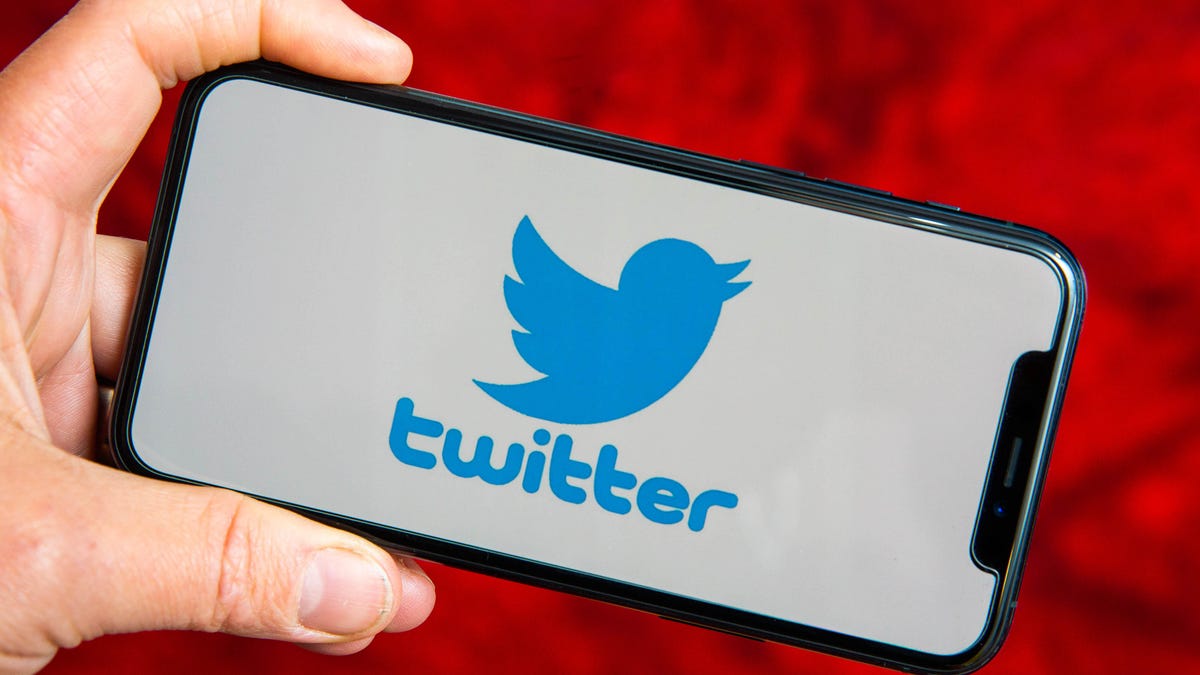Twitter says it mistakenly suspended accounts after new policy spurred 'malicious reports'
A ban on sharing media of private individuals was misused by some far-right activists to report anti-extremism researchers and journalists, according to The Washington Post.

Twitter said it suspended accounts by mistake after a new photo policy prompted a series of "coordinated and malicious reports." According to The Washington Post on Friday, those reports targeted anti-extremism researchers and journalists.
Earlier this week, Twitter expanded its private information policy to ban the sharing of photos and videos of private individuals without their consent.
A Twitter representative told CNET that after the new policy rolled out, "we became aware of a significant amount of coordinated and malicious reports, and unfortunately, our enforcement teams made several errors. We've corrected those errors and are undergoing an internal review to make certain that this policy is used as intended -- to curb the misuse of media to harass or intimidate private individuals."
According to The Washington Post, soon after the updated policy was introduced, "a group of far-right activists and white supremacists began urging their followers to file reports against accounts that are used to identify neo-Nazis, monitor extremists and document the attendees of hate rallies." A Twitter representative told the publication there were "a dozen erroneous suspensions." It's not clear how many reports were filed in total.
The new policy doesn't apply to public figures if the media and tweet are of public interest, but content featuring those people could be taken down if Twitter finds it's being shared "to harass, intimidate, or use fear to silence them."

